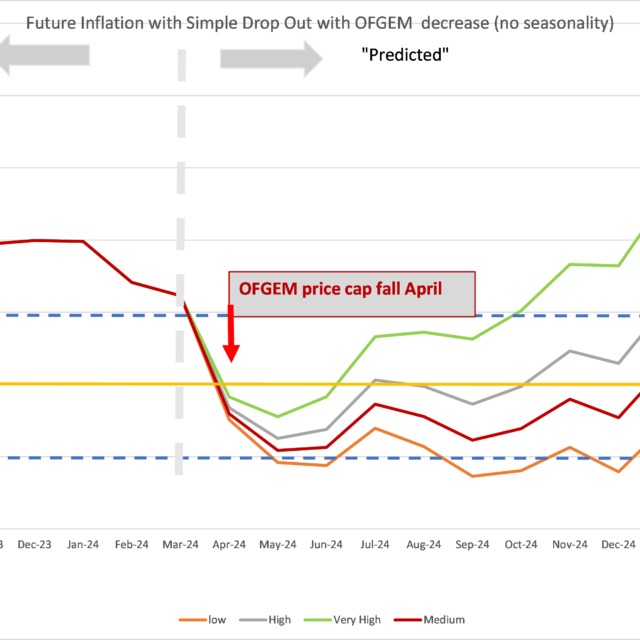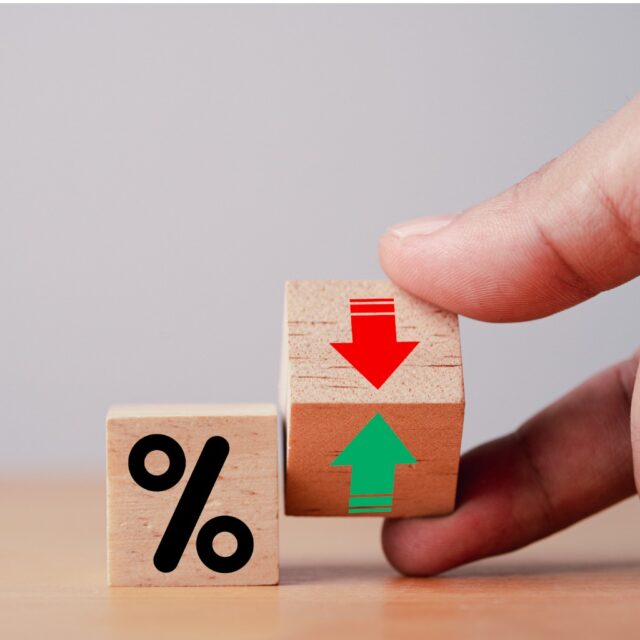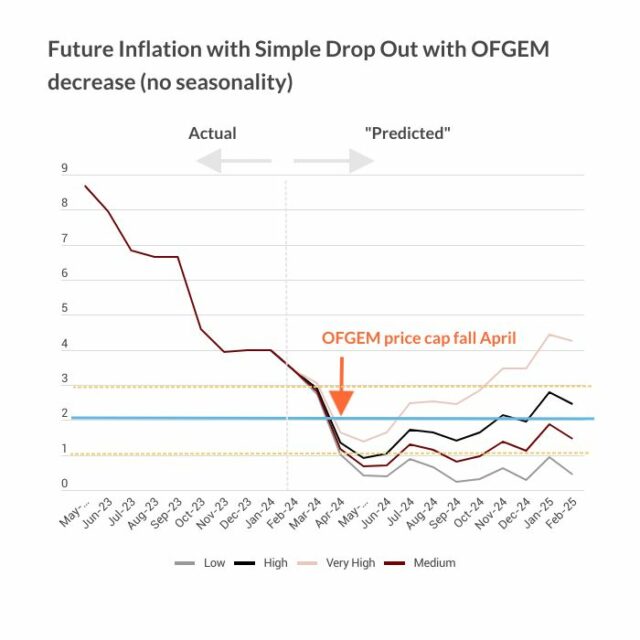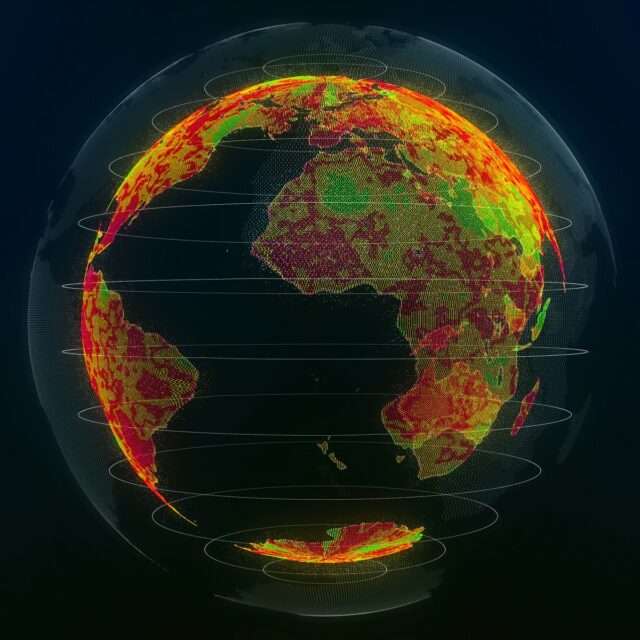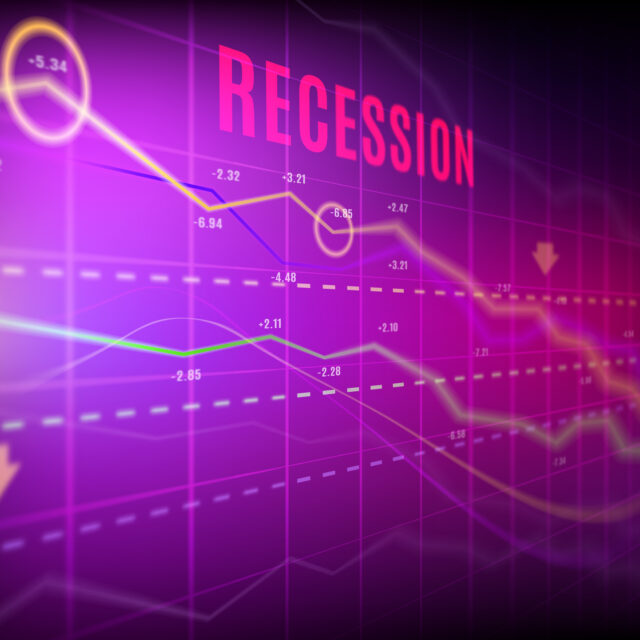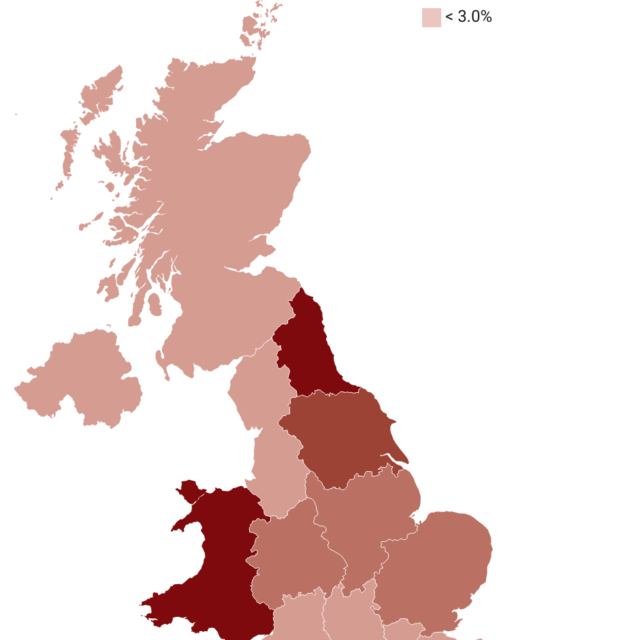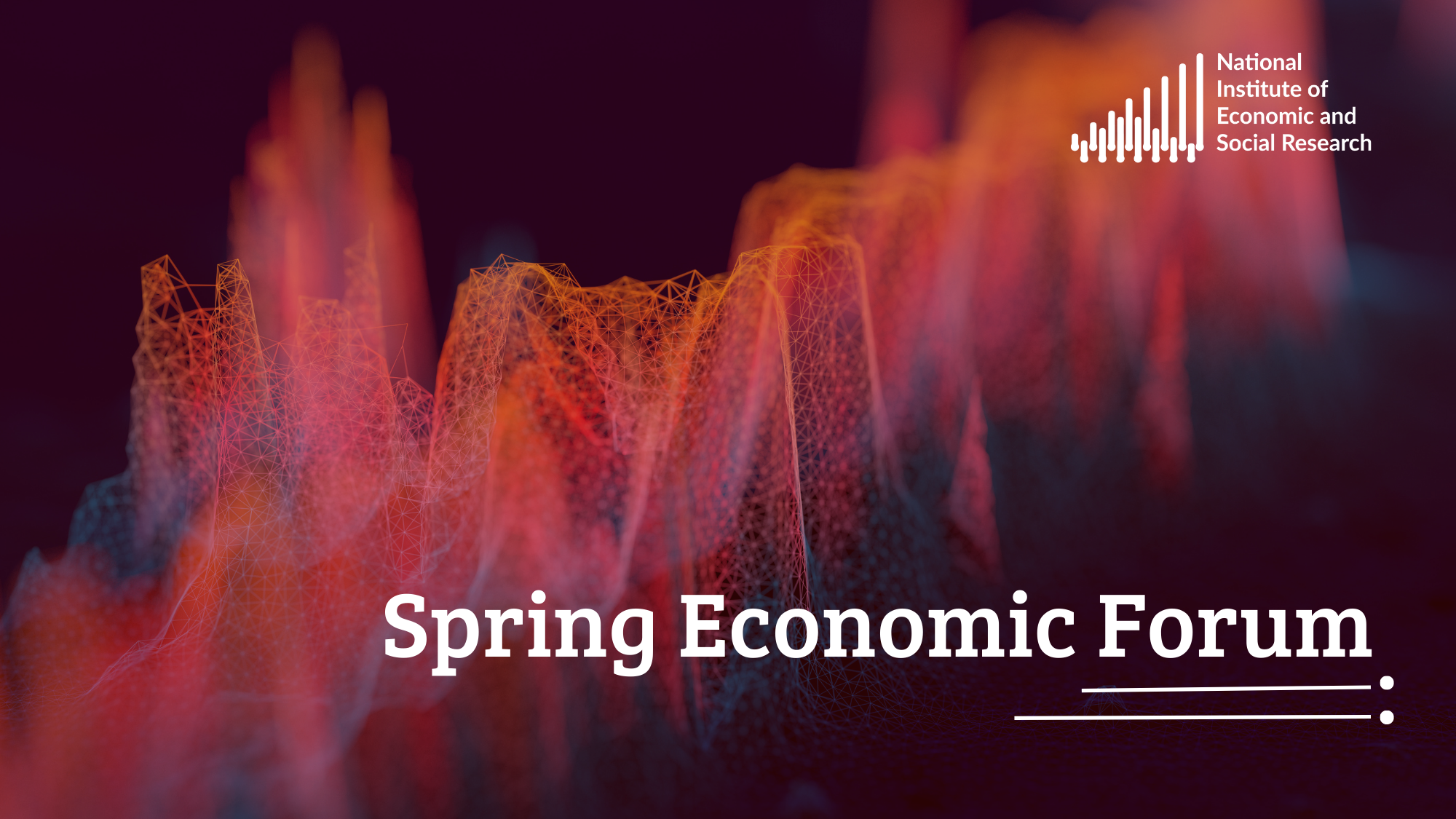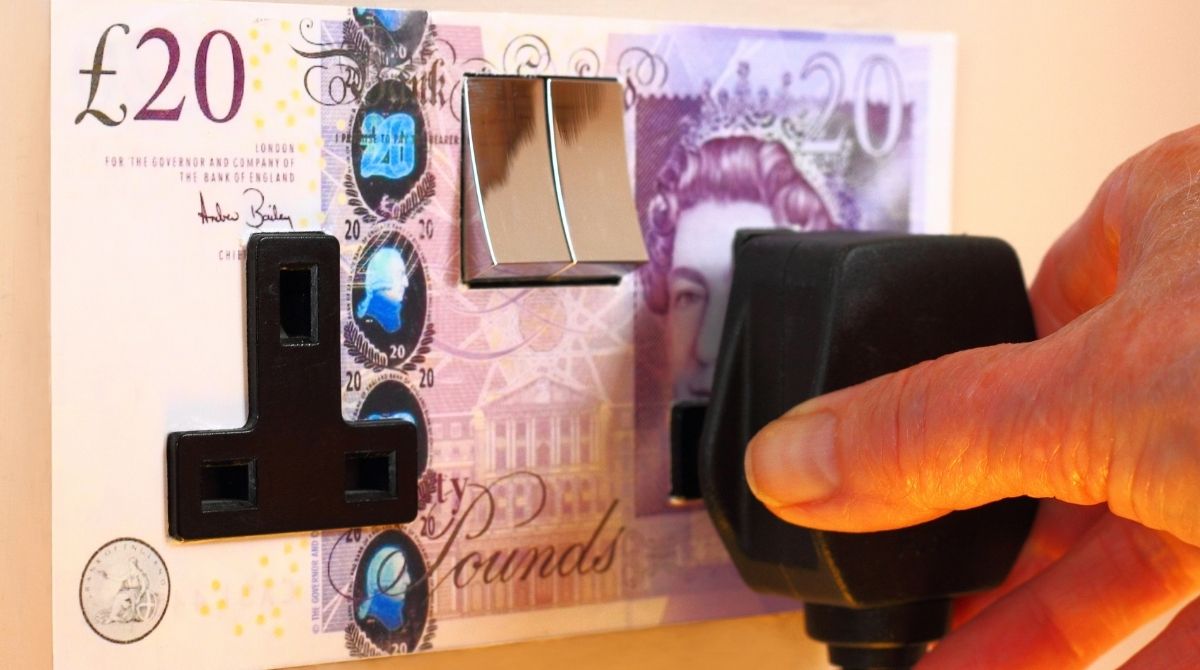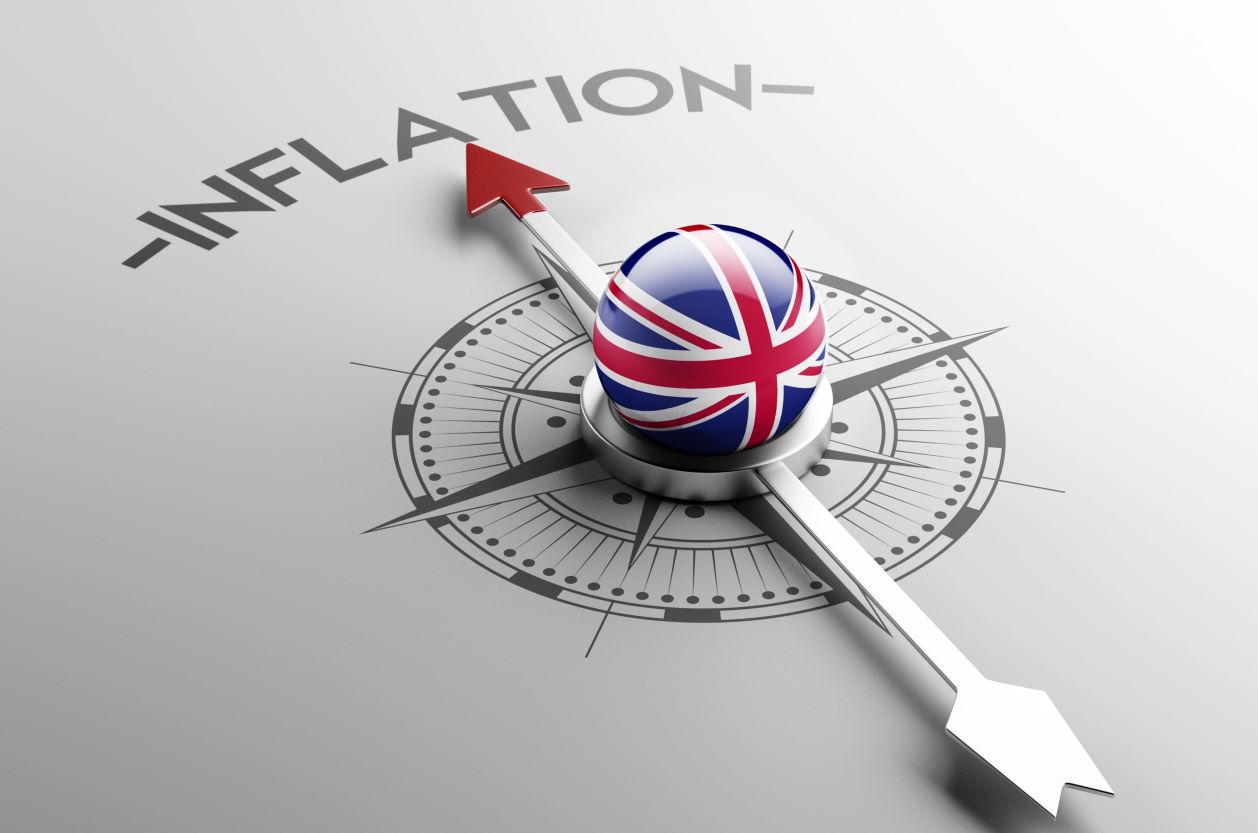Press Release: NIESR Monthly CPI Tracker – Underlying inflation suggests a turning point
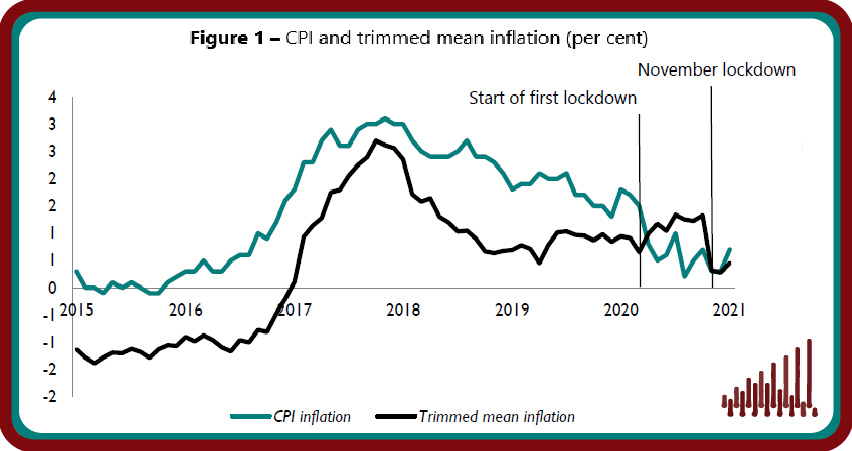
MONTHLY CPI TRACKER
*FOR IMMEDIATE RELEASE*
Underlying inflation suggests a turning point
Note: Our measure of trimmed mean inflation excludes 5 per cent of the highest and lowest price changes. The level of trimmed mean inflation is typically lower than CPI inflation due to differences in how the largest price changes are treated and to how the prices are weighted. Source: ONS, NIESR calculations.
Main points
- Underlying inflation increased to 0.5 per cent in the year to January 2021 from 0.3 per cent in December 2020, as measured by the trimmed mean, which excludes 5 per cent of the highest and lowest price changes (figure 1).
- At the regional level, underlying inflation was highest in Wales at 2.2 per cent and lowest in the South West, East Anglia, the North West, and Scotland which saw a 0.1 per cent decline in the year to January 2021 (table 1).
- 26.9 per cent of goods and services prices changed in January, implying an average duration of prices of 3.7 months, a much shorter duration than the long-term average of 5.1 months. 8.2 per cent of prices were reduced due to sales, 5.2 per cent fell for other reasons and 13.5 per cent recorded increases (figure 2).
- We expect that continued restrictions to stem coronavirus infections will keep consumer inflation relatively low in the short-term: NIESR has downgraded its forecast for UK economic growth in 2021 on the back of the lockdown imposed in January 2021, which is expected to have a larger effect on activity than the November lockdown.
- CPI inflation is likely to pick up in the second half of the year but stay below the Bank of England’s target of 2 per cent in the year to January 2022.
NIESR economist Janine Boshoff said: “Headline inflation increased to 0.7 per cent in January, up from 0.6 per cent recorded in December. Our measure of underlying inflation, which excludes extreme price movements, increased to 0.5 per cent in January, suggesting that inflation bottomed-out in December 2020. Inflation is expected to remain subdued in the short term as the effect of the January lockdown impacts consumer prices. We expect inflation to rise in the latter half of the year as the economic recovery gains pace on the back of a successful vaccination programme and higher producer costs are passed on to consumers, but we still expect inflation to remain below the Bank’s 2 per cent target in the year to January 2022.”
Please find the full commentary in attachment
ENDS
——————————————-
Notes for editors:
For further information and to arrange interviews, please contact the NIESR Press Office:
press [at] niesr.ac.uk / 079 3054 4631 / c.ridyard [at] niesr.ac.uk / l.pieri [at] niesr.ac.uk
NIESR aims to promote, through quantitative and qualitative research, a deeper understanding of the interaction of economic and social forces that affect people’s lives, and the ways in which policies can improve them.
Further details of NIESR’s activities can be seen on http://www.niesr.ac.uk or by contacting enquiries [at] niesr.ac.uk . Switchboard Telephone Number: +44 (0) 207 222 7665
